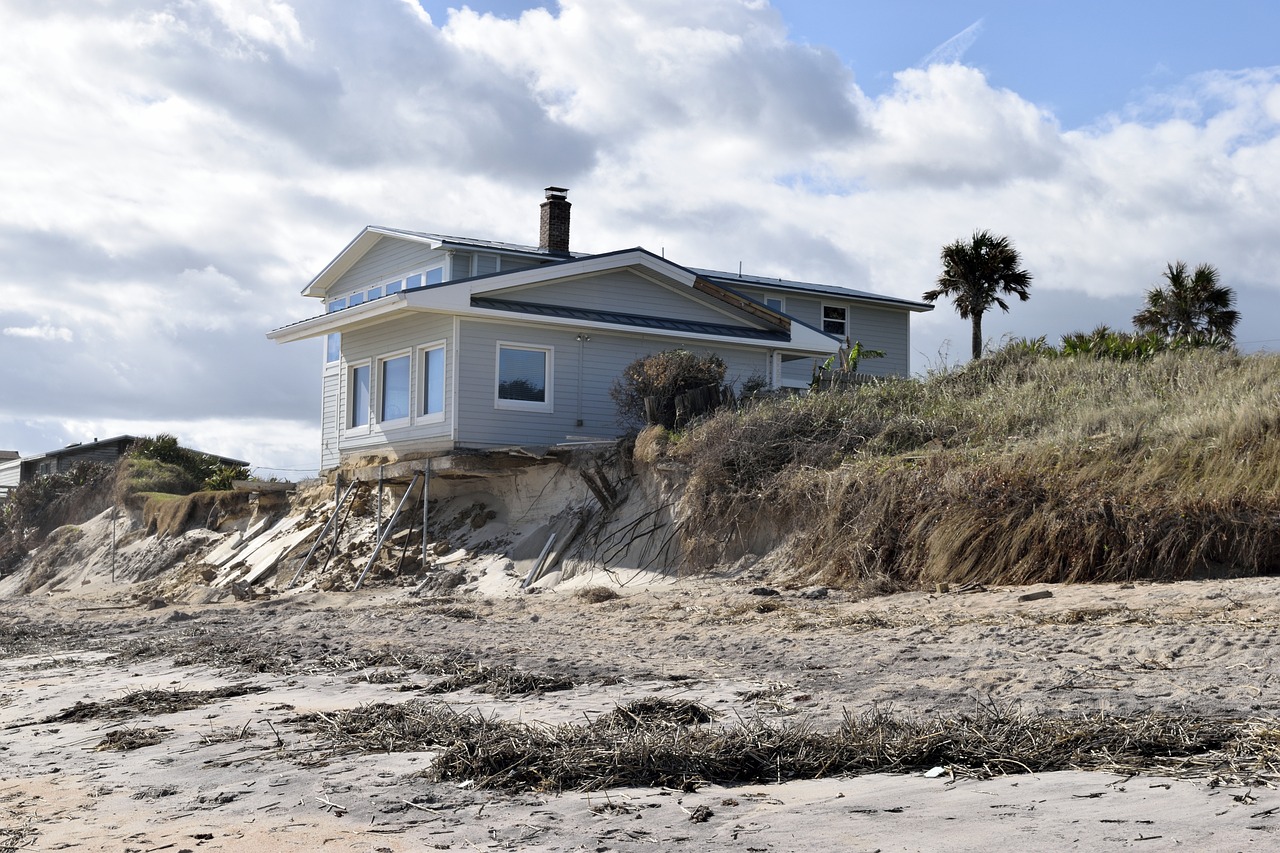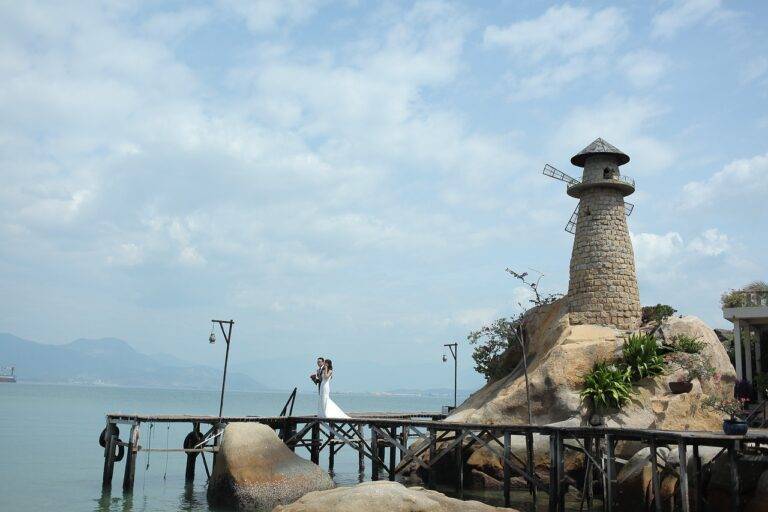Utilizing Ponds in Urban Wetland Restoration: All panel, Cricbet99, Lotus365win login
all panel, cricbet99, lotus365win login: Urban wetlands are essential ecosystems that provide numerous benefits to both the environment and local communities. They help to manage stormwater, improve water quality, provide habitat for wildlife, and enhance recreational opportunities for residents. One key component of urban wetland restoration is the utilization of ponds. Ponds play a crucial role in creating and maintaining healthy wetland ecosystems in urban areas.
1. Importance of Ponds in Urban Wetland Restoration
Ponds are vital for urban wetland restoration for several reasons. They provide habitat for aquatic plants and animals, serve as breeding grounds for amphibians and other wildlife, and help to regulate water levels within the wetland. Ponds also act as a natural filtration system, trapping sediment and pollutants before they can reach larger bodies of water.
2. Creating Ponds in Urban Wetland Restoration Projects
When designing a wetland restoration project in an urban area, incorporating ponds into the plan is essential. Ponds can be created by excavating depressions in the landscape and lining them with a suitable material to prevent leakage. Planting native aquatic vegetation around the edges of the pond can help to stabilize the banks and provide additional habitat for wildlife.
3. Maintaining Ponds in Urban Wetland Restoration Projects
Once ponds have been established in a wetland restoration project, they require regular maintenance to ensure they remain healthy and functional. This includes monitoring water quality, removing invasive species, and repairing any damage to the pond liner. Regular vegetation management is also essential to prevent overgrowth and maintain biodiversity.
4. Benefits of Ponds in Urban Wetland Restoration Projects
Ponds offer a range of benefits in urban wetland restoration projects. They help to improve water quality by removing pollutants and excess nutrients, enhance biodiversity by providing habitat for a variety of plant and animal species, and contribute to the overall health and resilience of the wetland ecosystem. Ponds also add aesthetic value to the landscape, creating opportunities for recreation and education.
5. Community Engagement in Urban Wetland Restoration
Engaging the local community in urban wetland restoration projects that incorporate ponds is crucial for their long-term success. Community members can participate in pond construction and maintenance activities, participate in monitoring and research efforts, and help to raise awareness about the importance of wetlands and the benefits they provide. By involving the community in the restoration process, a sense of ownership and stewardship can be fostered, ensuring the continued protection and preservation of urban wetland ecosystems.
6. Funding Opportunities for Urban Wetland Restoration Projects
There are a variety of funding opportunities available for urban wetland restoration projects that incorporate ponds. Grants and donations from government agencies, non-profit organizations, and private foundations can help to offset the costs of pond construction and maintenance. Local businesses and community partners may also be willing to contribute financially or through in-kind donations of materials and labor.
FAQs
Q: How can ponds in urban wetland restoration projects benefit local wildlife?
A: Ponds provide essential habitat for a variety of aquatic and semi-aquatic species, including fish, amphibians, turtles, and birds. By creating ponds in urban wetland restoration projects, we can help support the biodiversity of the local ecosystem and provide valuable resources for wildlife.
Q: Are there any potential challenges or drawbacks to incorporating ponds into urban wetland restoration projects?
A: While ponds offer many benefits to urban wetland restoration, there are some challenges to consider. Ponds may require regular maintenance to prevent issues such as algae blooms or sediment buildup. Additionally, invasive species or pollutants may pose a threat to the health of the pond ecosystem.
Q: How can I get involved in urban wetland restoration efforts in my community?
A: There are many ways to get involved in urban wetland restoration projects, including volunteering with local environmental organizations, participating in restoration workdays, and attending community meetings or events. By engaging with these efforts, you can help to protect and preserve valuable wetland ecosystems in your area.







